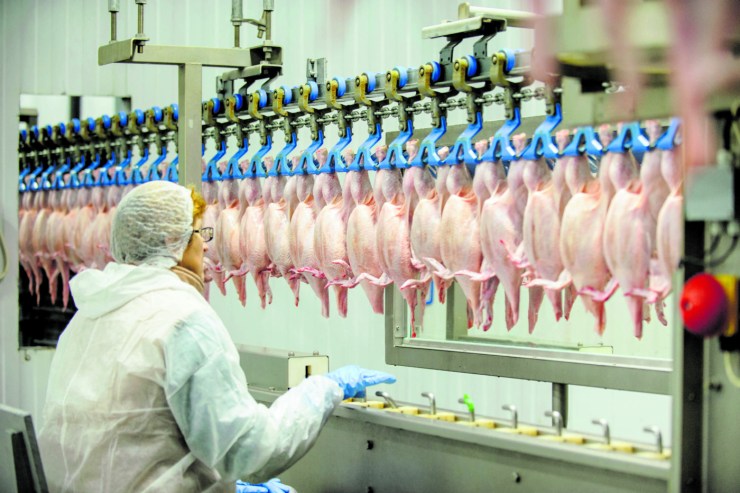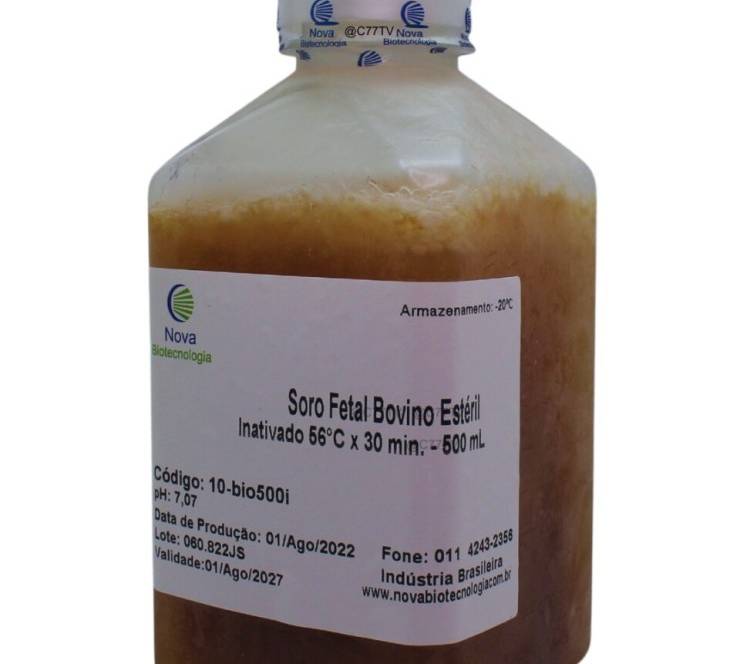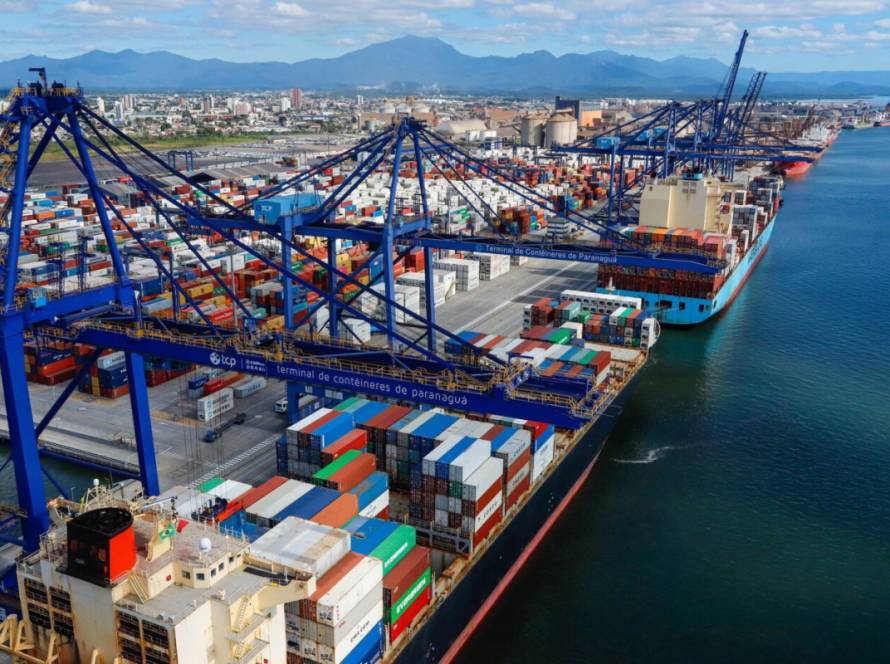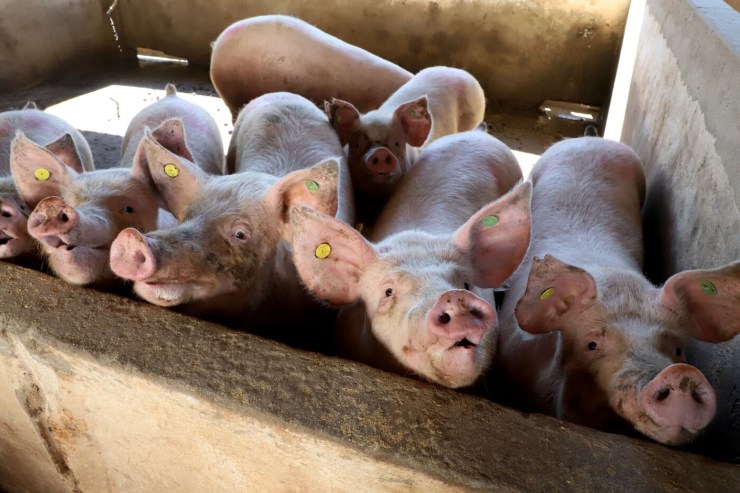President Donald Trump's announcement this week of a 50% tariff on all Brazilian products imported into the United States has immediate effects on Brazilian foreign trade. The measure, which takes effect on August 1st, is seen by analysts as a "political tariff" and reverses the logic of traditional US sanctions.
According to Rogério Marin, foreign trade specialist and president of the Santa Catarina Foreign Trade Companies Union (Sinditrade), the annual loss to Brazil's exports could range from US$12 billion to US$17 billion (R$70 billion to R$100 billion), representing between 3.61 and 51 of the country's total exports. This estimate, according to the CNI's metric, could represent a loss of 432,000 to 612,000 jobs. In terms of GDP, Marin estimates a negative impact of between 0.6 and 0.81 of Brazil's total GDP per year. "We are not facing an economic tariff, but rather a 'political tariff,' since the trade figures between the two countries contradict President Donald Trump's arguments that Brazil is engaging in 'unfair trade practices.' The impact is likely to be felt primarily in manufacturing exports, which account for more than 78.3% of Brazilian sales to the United States," explains Marin.

Foreign Trade specialist and president of the Santa Catarina Foreign Trade Companies Union (Sinditrade), Rogério Marin, argues that the 'political tariff' requires a diplomatic solution so as not to compromise progress in important sectors of the country's economy.
In 2024, the US absorbed 12% of Brazilian exports, totaling US$$ 40.3 billion, according to Amcham Brasil and the Ministry of Development, Industry, Trade, and Services (MDIC). According to the expert, the new tariff will increase the price of Brazilian products by up to US$$ 20.15 billion per year, reducing their competitiveness compared to suppliers in Mexico and Canada, for example, and could cause a drop of up to US$42% in Brazilian exports to the US. Among the most affected sectors are oil, steel, aircraft, coffee, and beef. Steel and aluminum alone are expected to see a drop of more than 11.2%, equivalent to US$$ 1.5 billion in exports, according to the Institute of Applied Economic Research (IPEA).
Despite the strong impact on exports, Marin highlights an even greater risk: Foreign Direct Investment (FDI). The US accounts for over 251,000,000 TQ of FDI in Brazil, with a stock of US$1,000,000 TQ. "The elephant in the room is FDI. Without it, the modernization of the infrastructure that supports the expansion of the Brazilian economy is compromised. This represents a greater economic risk than exports or the trade balance, should the US government show a lack of interest in investing in Brazil. Sectors such as technology, automotive, and energy, which directly employ thousands of workers, would be the most affected, with impacts on GDP and the labor market. The solution needs to be diplomatic," he warns.
The impact on the domestic market is also likely to be felt. Products such as coffee, the main food export to the US, may see price reductions in the Brazilian market due to the difficulty of shipping them to other countries.
South could lose up to US$2.3 billion

Photo: Disclosure
The Southern region, responsible for nearly 301,000 tonnes of Brazilian exports to the US, is also expected to feel the effects. According to Marin, Paraná, Santa Catarina, and Rio Grande do Sul could suffer estimated annual losses of between US$1.6 billion and US$2.3 billion (R$9 billion to R$13 billion), equivalent to 4.71,000 to 6.81,000 tonnes of the Southern region's total exports. The impact on jobs could range from 50,000 to 70,000 lost jobs, with impacts on regional GDP of between 0.71,000 and 11,000 tonnes. Sectors such as meat, timber, furniture, and chemicals are likely to suffer the most.
In Santa Catarina, a state with a strong industrial base, annual losses could reach US$1,000,000,000, primarily affecting the poultry and pork, electric motors, and furniture segments. In Paraná, the impact could reach US$1,0 ...




